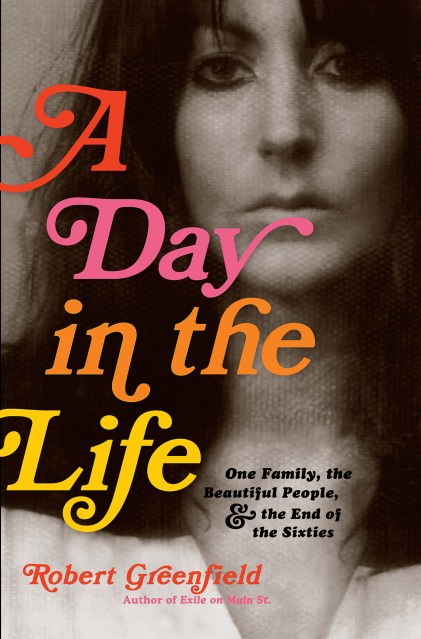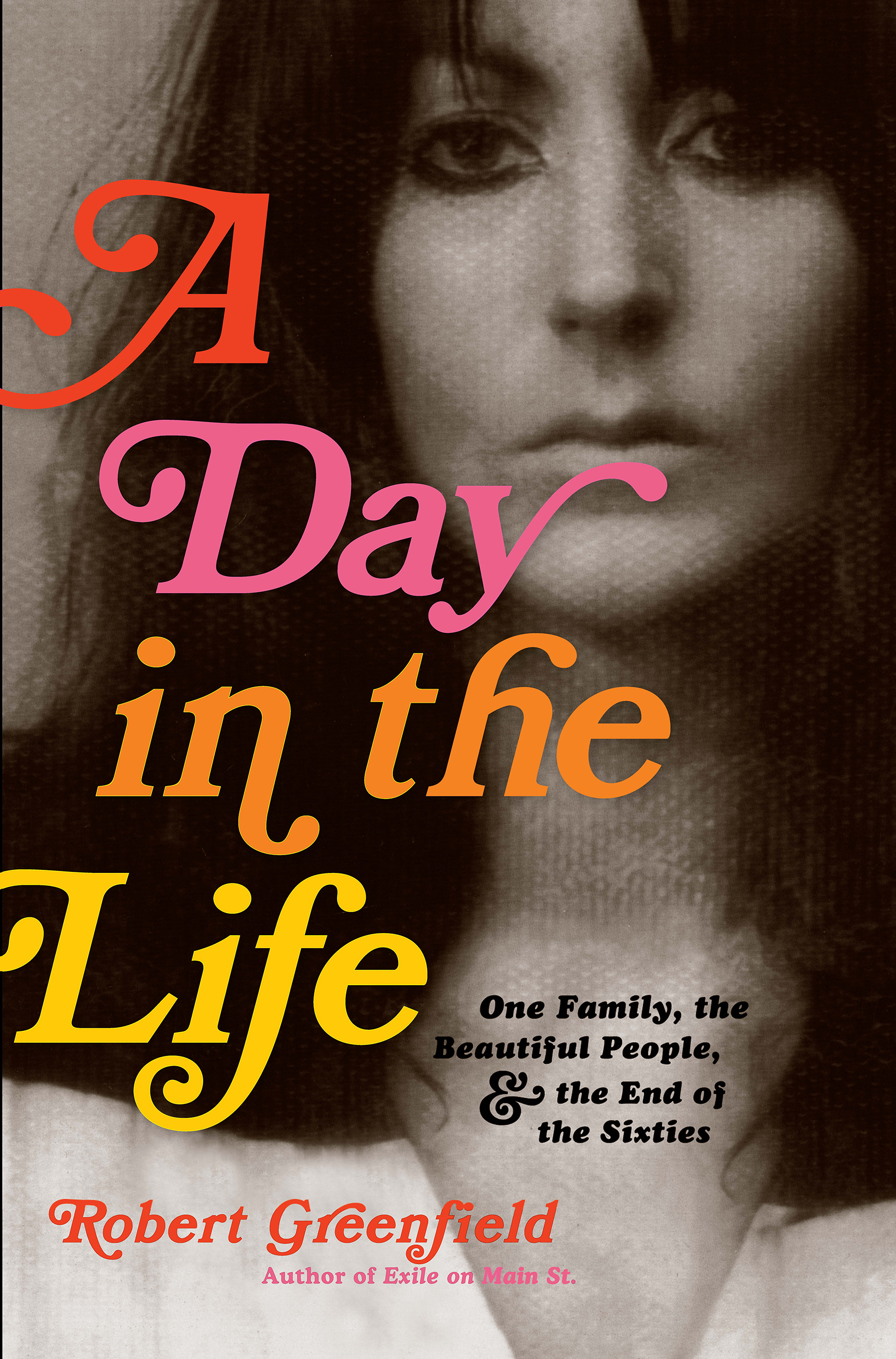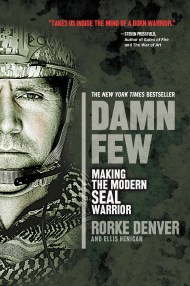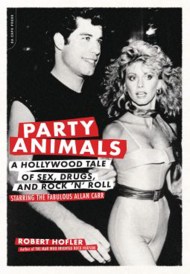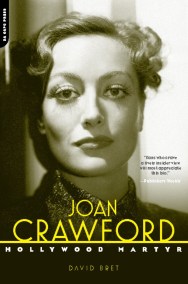Promotion
Use code MOM24 for 20% off site wide + free shipping over $45
A Day in the Life
One Family, the Beautiful People, and the End of the Sixties
Contributors
Formats and Prices
Price
$14.99Price
$19.99 CADFormat
Format:
ebook $14.99 $19.99 CADThis item is a preorder. Your payment method will be charged immediately, and the product is expected to ship on or around June 17, 2009. This date is subject to change due to shipping delays beyond our control.
Also available from:
When Tommy Weber and Susan “Puss” Coriat, London’s most beautiful couple, were married in 1964, it was the fitting end to a storybook romance. But the fast cars Tommy loved to race, their celebrity friends, and the huge trust fund Puss had inherited masked a tortured truth—both had suffered through oppressive and neglectful childhoods and were now caught up in a wildly extravagant lifestyle that neither Puss’ inheritance nor Tommy’s increasingly desperate schemes could support. Six years later, Puss found herself wandering around India with her two sons while Tommy, who was now smuggling drugs to survive, lived in London with a stunning young actress. A Day in the Life is also the stirring account of how the couple’s tow sons—one of whom is the well-known actor Jake Weber—somehow managed to survive a childhood that would have destroyed those of lesser spirit.
An unbelievable true-life tale that often reads like a novel, A Day in the Life follow the fortunes and misfortunes of one remarkable family while also introducing us to an extensive cast of supporting characters that includes Keith Richards, Anita Pallenberg, Mick Jagger, Jimi Hendrix, Eric Clapton, George Harrison, John Lennon, and Charlotte Rampling, as well as many of the movers and shakers who helped create the “Swinging London” scene.
Genre:
- On Sale
- Jun 17, 2009
- Page Count
- 336 pages
- Publisher
- Da Capo Press
- ISBN-13
- 9780786748006
Newsletter Signup
By clicking ‘Sign Up,’ I acknowledge that I have read and agree to Hachette Book Group’s Privacy Policy and Terms of Use
